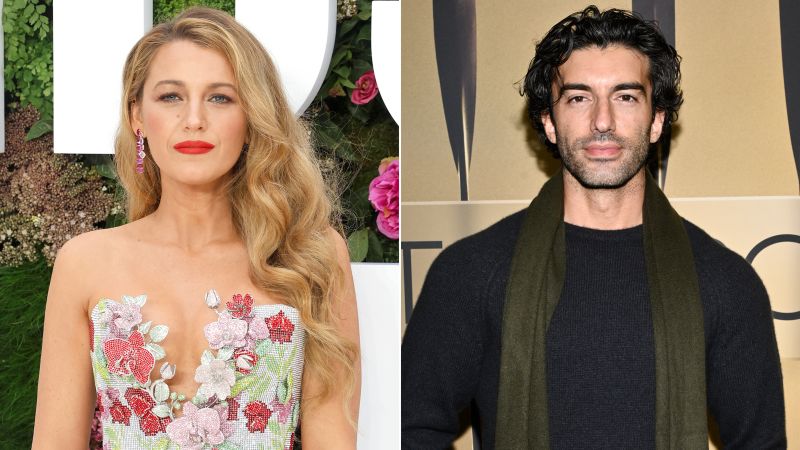Blake Lively, renowned for her impressive performances in a variety of films and television series, has recently made serious allegations against her co-star and director, Justin Baldoni, related to incidents during the filming of “It Ends With Us.” This outpouring of claims comes in a civil rights complaint filed with the California Civil Rights Department, which underscores Lively’s assertion that Baldoni and his associates orchestrated a plan to undermine her professional standing. The distressing nature of the allegations has captured significant media attention, as they relate not only to sexual harassment but also to retaliatory actions aimed at quelling Lively’s voice on legitimate workplace grievances.
In her complaint, Lively highlights a particular meeting during the production of “It Ends With Us,” aimed at addressing what she described as a “hostile work environment” that was threatening to derail the project. This meeting, reportedly attended by Lively’s husband, actor Ryan Reynolds, was a platform for the actress to express serious concerns regarding repeated instances of sexual harassment that she and other crew members experienced at the hands of Baldoni. The presence of Reynolds at this meeting denotes a supportive stance on Lively’s part, emphasizing the seriousness of the issues she was raising.
The complaint details specific instances of discomfort, highlighting inappropriate conduct by Baldoni and a producer named Jamey Heath. The outcomes of the meeting included crucial agreements to maintain a respectful work environment, which, according to Lively, encompassed prohibiting the display of explicit material and ensuring that derogatory comments on personal matters would cease immediately. Additionally, the agreement specified the necessity of having an intimacy coordinator present during filming, particularly in scenes that required Lively to interact closely with Baldoni. This component speaks to the broader industry acknowledgment of the necessity for safer and more considerate workplace protocols, particularly in a sensitive and often exploitative entertainment sphere.
“It Ends With Us,” based on Colleen Hoover’s best-selling novel, focuses on the complex dynamics of domestic violence, portrayed through the relationship between Lively’s and Baldoni’s characters. The film has generated significant interest and anticipation but is now overshadowed by the legal disputes and allegations being leveled by Lively. The complaint, functioning as a precursor to potential litigation, references Baldoni and his production company, Wayfarer Studios. This legal move is indicative of Lively’s intentions to seek accountability while also attempting to highlight the ways in which women can be marginalized or retaliated against when they speak out on harassment issues.
In a contrasting position, Baldoni’s attorney, Bryan Freedman, has categorically denied the allegations, branding them as “outrageous” and an effort to tarnish Baldoni’s reputation. His statements reflect a defensive posture, dismissing Lively’s claims as false narratives meant to gain public sympathy. Freedman also suggested that Lively had made threats during the production, expressing that she might not participate in promotion or attendance if her demands were not accommodated, framing this as a form of control within the production environment.
Additionally, Baldoni’s camp has accused Lively’s associates of disseminating negative stories about him to the media before the film’s release, contributing to a narrative filled with animosity and mistrust. This entire debacle encapsulates the intricate and often tumultuous relationships within the film industry, particularly when issues of workplace environment, personal conduct, and professional reputation are at stake.
Despite the controversy, “It Ends With Us” proved to be a financial success at the box office, amassing over $350 million. However, underlying tensions and creative disagreements between Lively and Baldoni have been a topic of public discussion, with speculations around their promotional approaches to the movie reflecting a fractured partnership. Amidst this backdrop, Lively expressed her hope that her legal action would draw attention to retaliatory tactics that often target those who dare to speak out about misconduct. She aims to foster an environment where accountability prevails, possibly paving the way for others who may face similar challenges in their professional journeys. This complex situation highlights not only the personal struggles of those involved but also the broader societal movements fighting against workplace misconduct and the need for cultural shifts in high-pressure environments like the entertainment industry.



